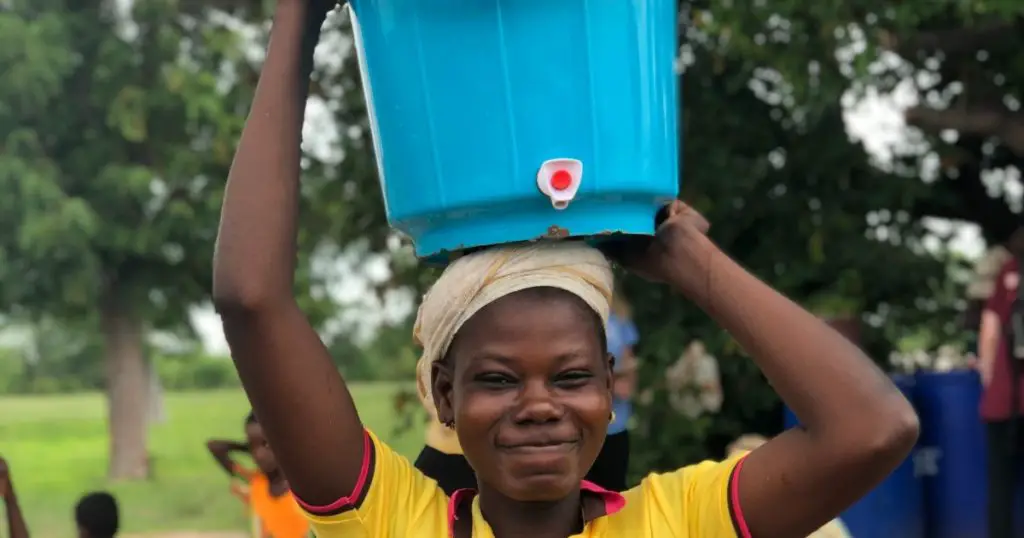- Women in Sub-Saharan Africa continue to struggle due to the negative impact of climate change
- A United Nations report noted that climate change has a growing impact on the African continent, hitting the most vulnerable the hardest and contributing to food insecurity
- Fast forward to 2022, the Horn of African countries are facing drought, with data showing that 12 to 14 million are at risk, owing to an extended period of lack of rains that driving acute food insecurity
- The AllAfrica Global Media Group says it is bringing key stakeholders under one roof on a virtual panel under the theme: “Gender equality for a sustainable future”
As the world prepares to mark International Women’s Day on March 8, 2022, several data reveals that women in Sub-Saharan Africa continue to struggle due to the negative impact of climate change.
In a 2020 report, the United Nations Climate Change noted that climate change has a growing impact on the African continent, hitting the most vulnerable hardest and contributing to food insecurity.
Fast forward to 2022, the Horn of African countries are facing drought, with data showing that as many as 12 to 14 million are at risk, owing to an extended period of lack of rain that is driving acute food insecurity.
In Kenya, for instance, United Nations Population Fund (UNFPA) estimates that the severe drought is affecting over 2.8 million people, and has been declared a national disaster.
“There are two rainy seasons in Kenya: The long rains in March, April and May and the short rains in October, November and December. The past three seasons have failed, and the next one is forecast to do the same,” UNFPA said.
The UN also disclosed that population displacement and stress on water resources have become rampant, with issues like the invasion of desert locusts blowing up.
Why Climate Change Adaptation costs Africa billions
On this backdrop, the AllAfrica Global Media Group says it is bringing key stakeholders under one roof on a virtual panel under the theme: “Gender equality for a sustainable future”.
In a statement, the company said the event, which will be held on Monday, March 7, 2022, from noon, highlights the challenges of climate change for women in rural areas, particularly those in sub-Saharan Africa.
The media company says panellists will use the platform to show the impact of gender equality in the face of the challenges of climate change for a sustainable future.
Panellists will also demonstrate how gender equality can help strengthen the resilience of African countries by facilitating access to land for women.
“It should be remembered that during COP26 in Glasgow (Scotland), funding commitments in favour of Africa were collected, with a view to enabling the continent to meet development commitments by 2030,” the company said.
“This day of reflection dedicated to women’s rights and their development in today’s society is an opportunity to recall the importance of their participation, which is more than necessary for the development of Africa,” the company said.
In this dynamic, the AllAfrica Global Media Group, through its AWA program (AllAfrica Women’s Agenda), will highlight the total capacity of sub-Saharan women to participate decisively in sustainable development of the continent.
The media company said education of young girls remains a priority for AllAfrica, which encourages the awareness of current generations on the current challenges for a sustainable Africa.
This challenges governments, technical and financial partners, civil societies, among other actors, to involve women more in their sustainable development plans.
FGM
In a related story, UNFPA recently found that displacement caused by disasters natural and manmade – and humankind contributes to climate change and extreme weather events – put vulnerable women and girls at greater risk of gender-based violence and harmful practices, including female genital mutilation and child marriage.
According to the organisation, there has been a spike in the threat of female genital mutilation as young girls are pulled from school to join their nomadic families.
“When drought occurs, it’s women and girls who are most affected as they have to queue day and night to pump water,” said I-Rep Foundation Director Domitila Chesang.
“Girls can also be married off for bride price to help a family survive the drought. To do that, they have first to undergo FGM.”
